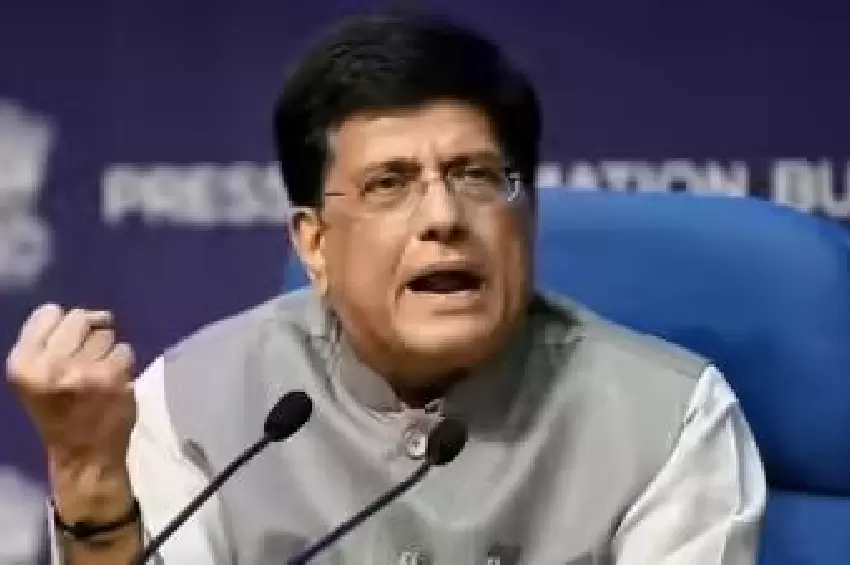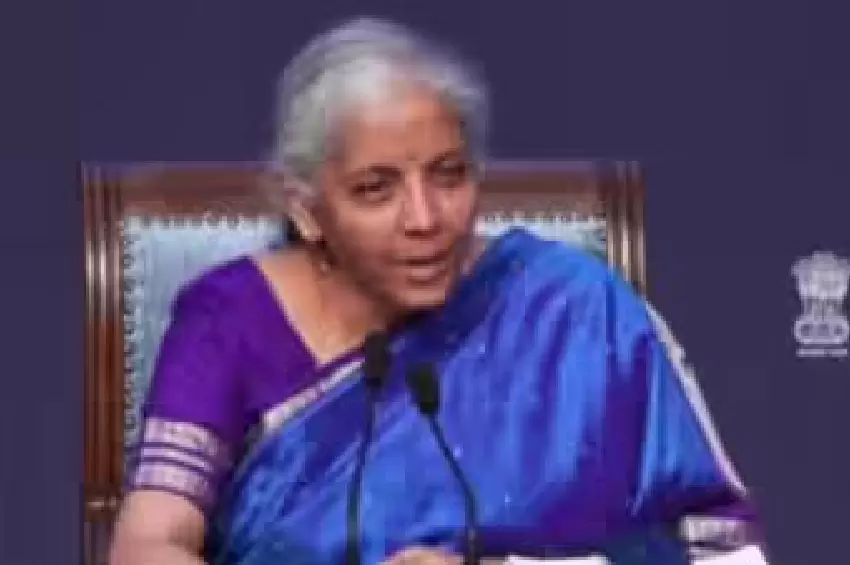Expansion and Protection: JSW Group's Vision
Sajjan Jindal, chairman and managing director of JSW Group, is spearheading a massive expansion with investments totaling Rs 5.8 lakh crore over the next six years. This ambitious plan covers renewable energy, steel, cement, infrastructure, and automobiles. In a candid interview, Jindal emphasizes the importance of tariffs to protect India's domestic industries from being overwhelmed by Chinese exports, particularly through countries with which India has Free Trade Agreements (FTAs).
The Global Tariff Trend and Its Implications
Reflecting on the global shift towards tariffs, Jindal notes the irony in Western countries' advocacy for free trade during their industrial peak, only to pivot towards protectionism as China emerged as the world's factory. He argues that without tariffs, industries in countries like the US and India risk shutting down due to the inability to compete with China's low production costs.
India's Manufacturing Challenge
Jindal highlights the stark contrast between India and China's manufacturing sectors, with China's manufacturing share in the economy at 35% compared to India's 15%. He points out the systemic support Chinese industries receive from the state, which significantly lowers their production costs. Jindal stresses the need for India to elevate its manufacturing game to bridge this gap.
Steel Dumping and the Need for Tariffs
One of the critical issues Jindal addresses is the dumping of Chinese steel into India through third countries, exploiting FTAs. He argues that protective tariffs are essential for the survival and growth of India's industries, allowing them to reinvest in expansion and become competitive on a global scale.
JSW Group's Investment Strategy
Detailing JSW Group's investment plan, Jindal outlines a $70 billion investment by FY31, with significant allocations to renewable energy, steel capacity expansion, and ventures into cement, auto, and infrastructure sectors. This strategic investment aims to bolster India's industrial capabilities and reduce dependency on imports.










Comments